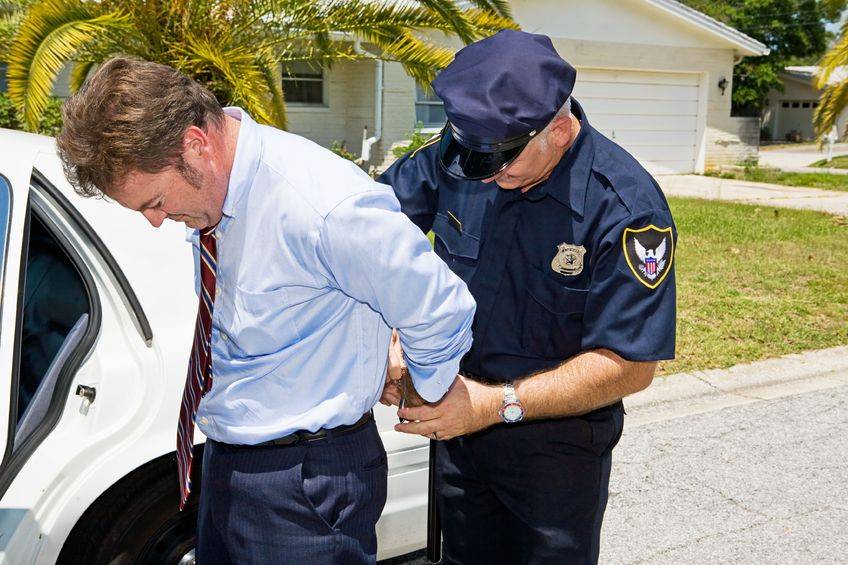
In City of Aberdeen v. Regan, the WA Supreme Court held that a defendant’s probation conditioned on having “no criminal violations of law or alcohol related infractions,” was properly revoked after the defendant was accused, but found not guilty, of fourth degree assault and criminal trespass.
In this case, Regan was convicted of fourth degree assault in Aberdeen Municipal Court and sentenced to 365 days in jail. The court suspended 360 days of Regan’s sentence, issued 5 days jail, and placed him on probation for 24 months. The court conditioned Regan’s probation on his having “no criminal violations of law or alcohol related infractions.”
However, while on probation, Regan was charged with fourth degree assault and criminal trespass. Regan was acquitted at a trial. However, the city moved to revoke the suspension of his sentence asserting that he violated the condition of his probation. Regan argued that the municipal court was collaterally estopped from finding he violated his probation condition in light of the not guilty verdict at trial. The municipal court disagreed and issued 5 days of jail based on the criminal trespass charge. Although the Superior Court found in Regan’s favor, the Court of Appeals reversed.
Some background is necessary. Under WA law, in order to revoke probation, the judge need only be “reasonably satisfied” that the defendant committed the assault and/or the criminal trespass. The defendant is not entitled to make the City/State prove allegations beyond a reasonable doubt.
Here, the WA Supremes reasoned that acquittal on criminal charges stops does not stop (or, more specifically, collaterally estop) a court from revoking parole for the same conduct. The Court looked at the plain language of Regan’s probation conditions and flatly decided the conditions prohibited him from engaging in conduct that is proscribed by the criminal law. “In no way do the definitions of “violate” or “violation” imply a proof or procedural requirement.” Therefore, when a court conditions the suspension of a sentence on a probationer not violating the law, the context does not imply that a conviction is required.
My opinion? It’s really disturbing when judges revoke a defendant’s probation when s/he obtains criminal charges that haven’t been proven guilty in a court of law. I’ve never understood that. It’s a major flaw of the criminal justice system.
It seems more fair that someone who has invested the time and expense of fulfilling their probation requirements – meeting with probation officers, obtaining evaluations, making court payments, obtaining treatment, etc. – falls in danger of getting kicked off probation if police and/or prosecutors file B.S. charges that have not been proven in a court of law under the reasonable doubt standard.
Despite WA law, I believe that criminal charges must be proven in order to revoke a defendant’s probation. The status quo simply gives the police and prosecutors too much power.
Please contact my office if you, a friend or family member are charged with a crime. Hiring an effective and competent defense attorney is the first and best step toward justice.















